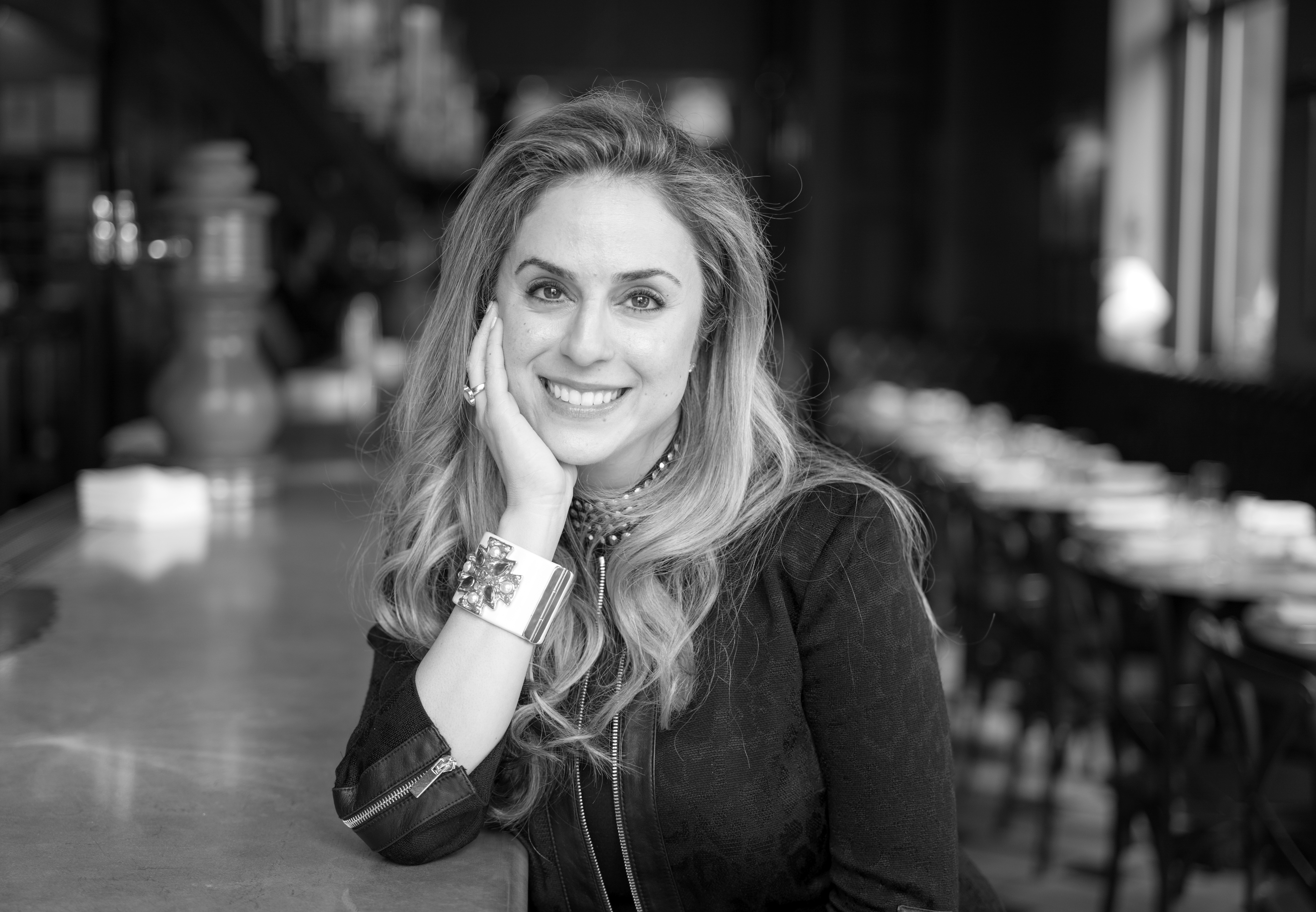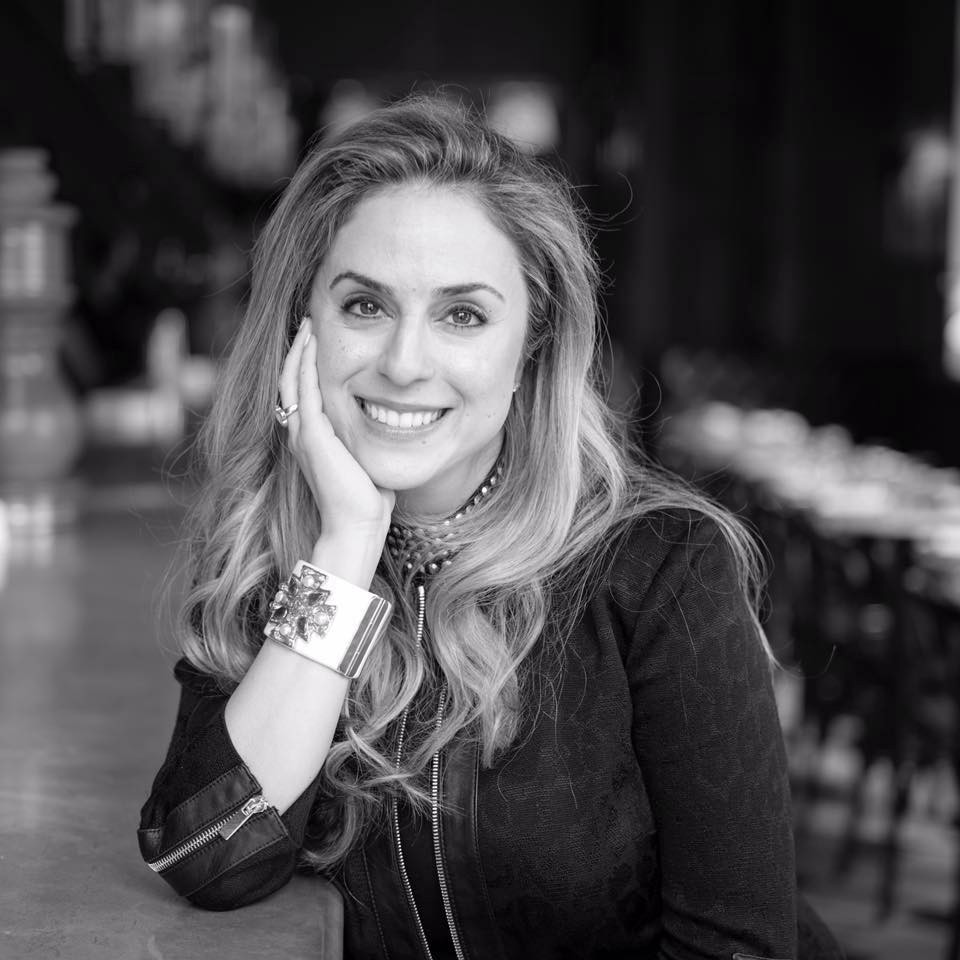I know my resting heart rate, my fasting blood glucose, and my blood pressure. My iPhone even tracks how many steps I take every day. But I don’t know whether I will get pregnant when I decide to try.
Though I trained as a doctor, there wasn’t a significant focus on fertility. It wasn’t even a topic of discussion with my doctor during my annual exam.
Everything changed when I co-founded a fertility company. Along with the important scientific findings came the realization that fertility is a topic we don’t talk about enough. Because fertility is such an important part of women’s lives, part of our well-being and work/life balance, I decided to start a conversation that takes the fertility discussion out of the closet.
Today countless friends — men and women alike — reach out with questions:
- How long can I wait to get pregnant? Am I too old?
- What exactly is In Vitro Fertilization (IVF)?
- How long should we try to get pregnant before we consider IVF? How much does it cost?
- What do we do if we fail IVF?
- How do we make sure our baby is healthy?
- Should I freeze my eggs?
Some facts that might interest you:
1 in 6 couples struggle with infertility.
Definitions of infertility vary between countries like the US and Japan, meaning that women aren’t always sure when they need to seek help. Definitions enter around how long you and your partner have been trying to get pregnant, but age is also a factor. It’s always wise to seek out a doctor as early as possible to get the facts and explore options.
Most women have heard about the “biological clock” and therefore know that age is a primary risk factor when it comes to infertility, but the reality is even more nuanced — it’s the age and health of our eggs that matter. For example, obesity, smoking, and diabetes dramatically affect the health of our eggs even at a relatively young age.
IVF is still the primary standard of treatment for infertility. Most likely, someone you know is already going through IVF treatments.
Unfortunately, IVF fails 70% of the time — and most women go through 2–3 cycles of IVF at great financial cost as the procedure is typically not covered by health insurance.
Wellness and relaxation also play a role. Stress is a risk factor for infertility, and infertility understandably causes stress. Infertility challenges can take a toll on relationships and on a woman’s self-confidence.
I am passionate about opening the fertility conversation so that women and families can feel more comfortable and even proud to come out of the closet and join the discussion.
If you have a fertility journey or insight that you want to share, please join the conversation. I look forward to your comments and ideas.
Please stay tuned for more conversations on fertility, including:
- The Sleep Cycle and Fertility
- Diet and fertility
- Exercise and your ability to get pregnant
- Flexible work hours while you’re going through IVF
- Maternity/Paternity leave
- How to prepare for your doctor visit
- IVF steps
- Egg freezing
- Hormones — the risks
- New breakthrough fertility treatments
Michelle Dipp, MD, PhD
Co-founder, OvaScience
Originally published at medium.com


